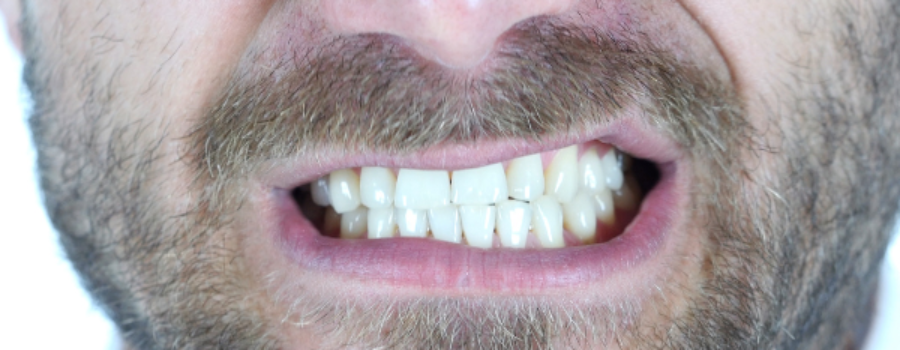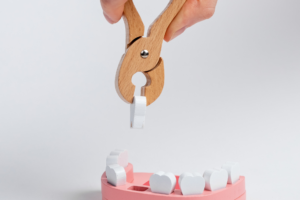When high-intensity exercise creates oral problems its important to understand why.
I have seen many thousands of peoples mouths throughout my career. It is simple to look at someone’s teeth and diagnose bruxism (tooth grinding) or clenching. The challenge is to identify WHY. Not all clenching and grinding is caused by the same thing. When it is determined that exercise is the culprit you need to quickly take action to protect your teeth!
What are the signs and symptoms to look for?
Flat straight-edge on your front teeth
Short teeth
Chipped front teeth
Flattened molars
Tiny holes on the top of your molars
Gum recession
Sensitivity to cold and hot (exposed dentin)
Notches on the sides of the teeth (abfraction lesions)
History of cracked teeth
History of breaking fillings and crowns
Headaches
Tight/sore facial & masticatory muscles
Neck pain
Ear pain
TMJ pain
What can you do about it?
Okay great, you might be clenching or grinding your teeth during exercise now what? You need to know what your options are and how to proceed forward. You could do nothing about it, and have a large dental bill down the road. You could temporarily fix the problem or get a permanent solution.
Step 1:
Contact your friendly dentist to establish your baseline. They will let you know if you are grinding or clenching and will identify any teeth that need to be repaired. This is important, because it is much easier and less costly to be proactive than reactive in your oral care. They should also help you identify the reason for your abnormal habit. It could be exercise induced, stress induced, mal-occlusion (poor bite), sleep apnea, or other habitual reasons.
Step 2:
If exercise induced, you should repair any existing damage. Your dentist can help with this. The dentist should be aware of the best types of dental materials that will be minimally invasive, esthetic, strong, biomimetic, and biologically safer.
Step 3:
Protect your investment. Protect your teeth. Invest in a professional mouth guard.
Lastly, you can train yourself to not clench your teeth during strenuous activity. You can rewire your brain. It’s because of this thing called neuroplasticity. We can create new neuronal pathways to break undesirable habits. This must be accomplished through either repetition or hypnosis.
The key in repetition is to become aware of the habit! You can’t fix what you’re not aware of. A cool way to become more aware is to set an alarm on your phone every 5 minutes. When you hear the alarm, check to see if you’re clenching your teeth.



